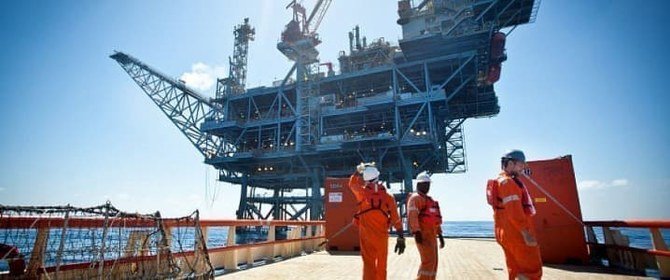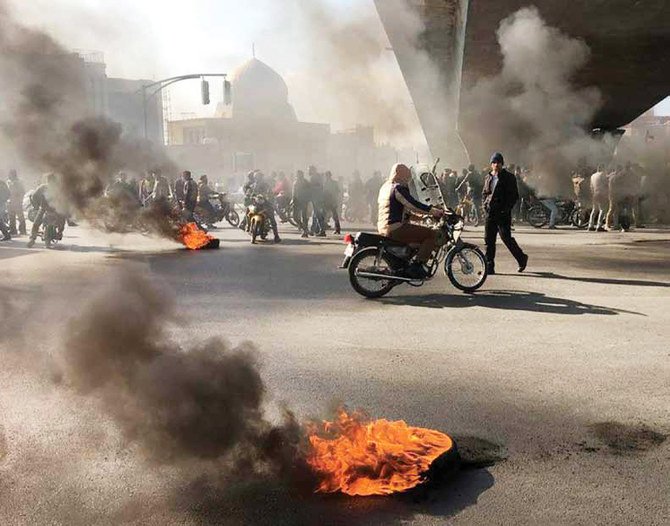RIYADH: A surge in natural gas prices is expected to jack up inflation worldwide with Europe likely to be most affected, said a Capital Economics report.
The report said unreasonable and extreme weather conditions led to longer periods of cooling and heating and China’s rebound from the pandemic also boosted gas demand. On the other hand, extreme weather and the pandemic-related price collapse in 2020 hit US production and exports. Outages at several liquefied natural gas plants and Russia limiting exports via Ukraine for political reasons caused an imbalance in the supply and demand, which raised gas prices globally.
The most pronounced impact has been in the euro zone, where the rise in gas and electricity inflation has added 0.5ppts to headline CPI inflation since the start of the year.
“Since the start of Q2, the European (TTF) gas price has surged by 290 percent, Asia LNG spot prices are up 260 percent and US natural gas (Henry Hub) has nearly doubled,” the report said.
In the US, higher gas and electricity inflation has added just 0.2ppts to CPI inflation this year given the less pronounced rise in US gas prices and the lower weight of gas and electricity in the CPI basket. Japan has experienced a boost of 0.4ppts, as its gas imports are tied to long-term contracts indexed to oil prices. It’s a similar story in many emerging markets where gas prices tend to be tied to long-term contracts and/or indexed.
“We think natural gas prices will remain elevated for some time yet. Globally, but particularly in Europe, stocks are at historic lows and will take some time to rebuild even if we are right and supply picks up,” wrote Jennifer McKeown, head of Global Economics Service.
The analyst, however, predicted that by Q2 2022 prices will be under sustained downward pressure.
Current prices will incentivize supply, particularly in the US where shale operations can ramp up relatively quickly. The situation will probably also hasten the approval of the Nord Stream II pipeline from Russia to Germany. Prevailing prices are likely to curb demand, the report said.
The passthrough is likely to be far smaller since governments are already acting to limit the effect on consumers.
According to McKeown, gas and electricity inflation is likely to surge by 16 percent to add an average of 0.3ppts to headline inflation in major advanced economies in the rest of this year, on top of the 0.3ppt boost which they have experienced already. “This should reverse next year, particularly given our expectation that gas prices will recede. But there are risks in both directions, and gas prices are notably volatile,” she said.
The report said there will be a drag on activity in most economies as higher utilities prices eat into the income available for discretionary spending. There could also be adverse consequences for the energy industry, particularly in countries where prices are regulated – most notably the UK, it added.





















